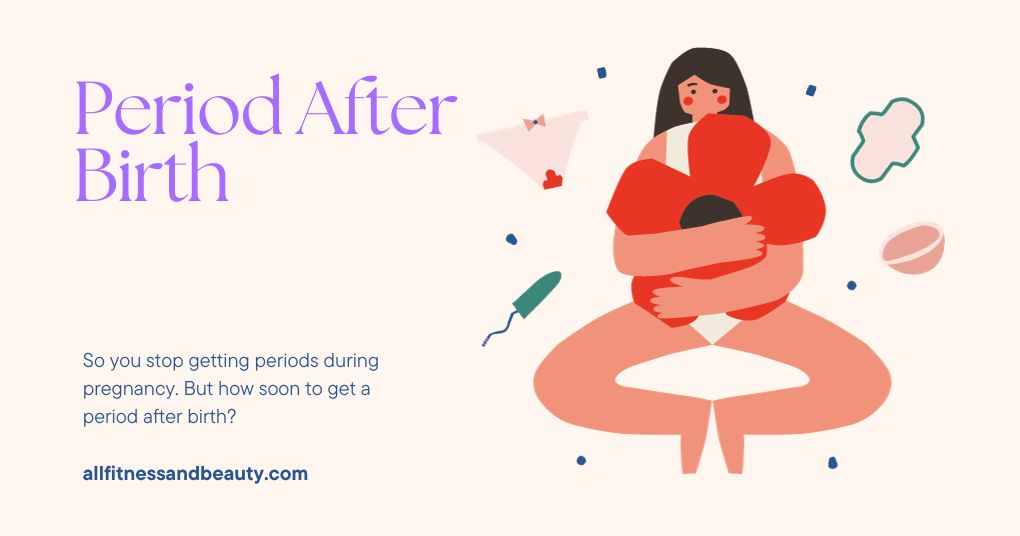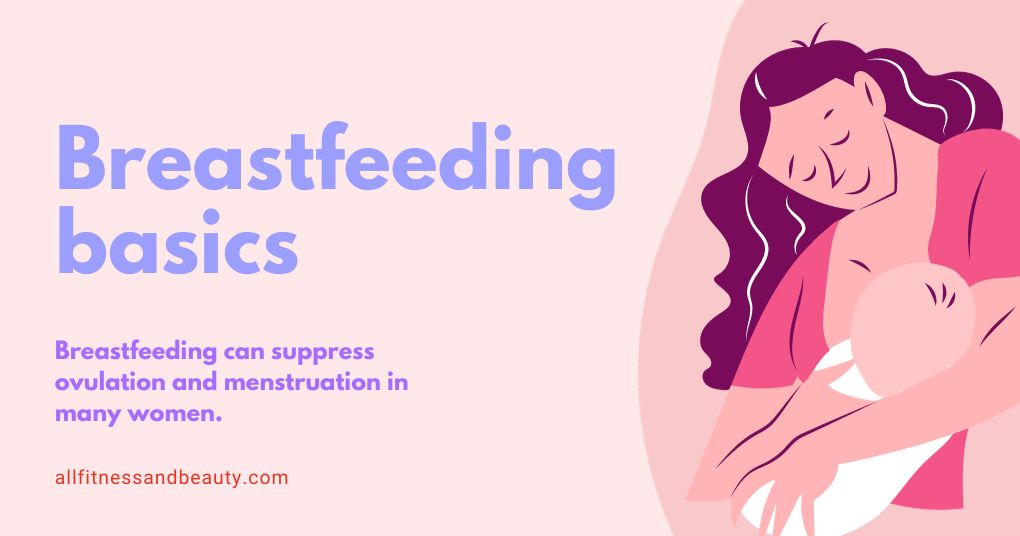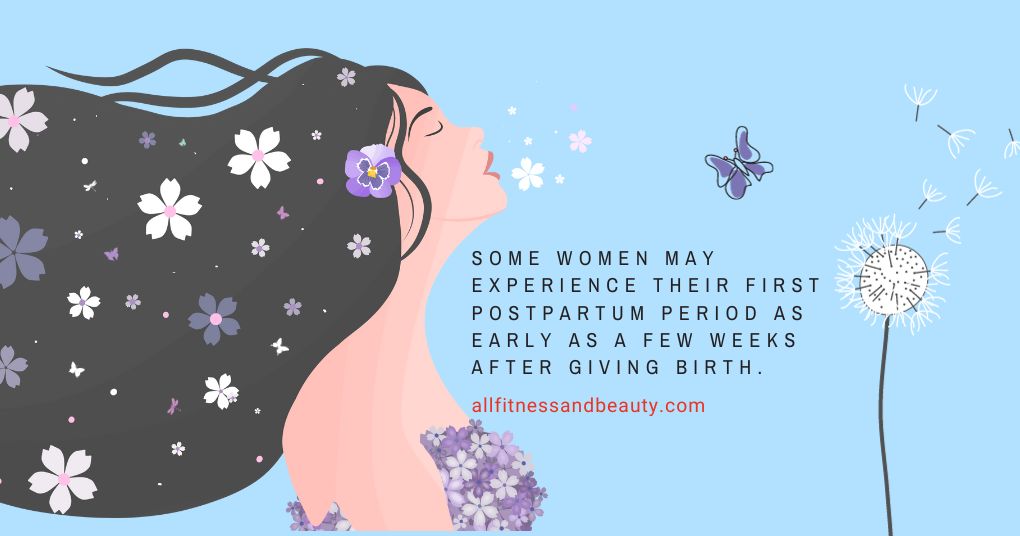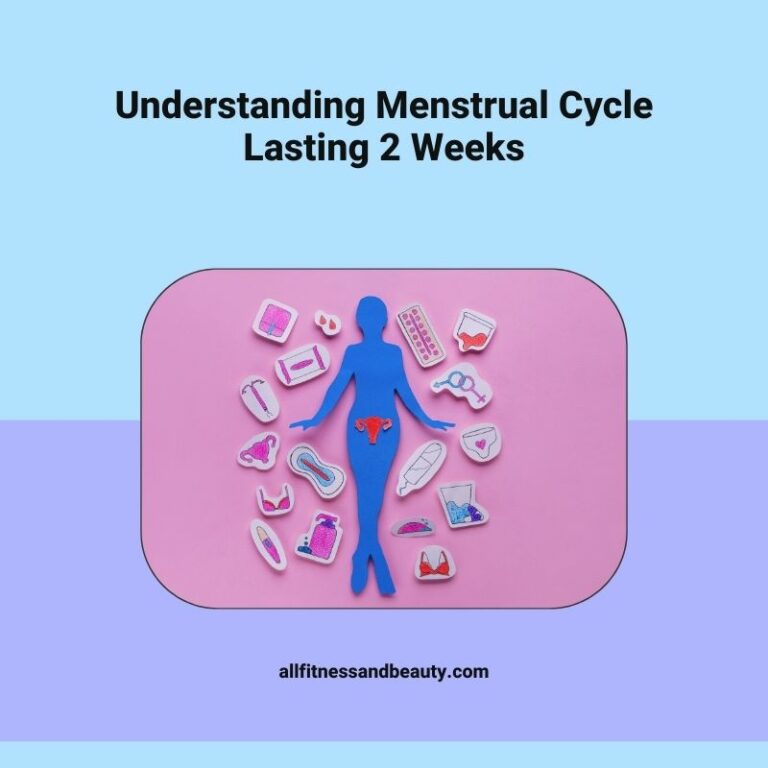How Soon to Expect Period After Birth?

Your period is a frustrated ovum. Let me explain.
Each month, your body undergoes a cycle of changes. The changes are necessary to prepare your body for a potential pregnancy. Your cycle ends if you do not become pregnant. When it ends, your uterus sheds. The blood that comes out is your period. If you do get pregnant, the lining of your uterus remains. So you stop getting periods during pregnancy. But how soon to get a period after birth?
To buy sustainable period panties, please click here.
When to Get Period After Birth?
The journey of pregnancy and childbirth is a transformative and life-altering experience for women. After giving birth, a multitude of changes occur in a woman’s body as it transitions back to its pre-pregnancy state.
How soon you can expect your period to return after giving birth? The answer can vary widely.
Read: Are Period Panties Disposable?
Postpartum Changes
The postpartum period, commonly referred to as the postpartum or postnatal period, is the time following childbirth when a woman’s body gradually returns to its non-pregnant state.
During this period, many physical and hormonal changes take place, which can affect the timing of the return of menstruation.
Breastfeeding

One of the significant factors influencing the timing of a woman’s postpartum period is whether she is breastfeeding. Breastfeeding can suppress ovulation and menstruation in many women.
The hormones released during breastfeeding, particularly prolactin, inhibit the release of eggs from the ovaries, which in turn delays the return of the menstrual cycle.
Some women who exclusively breastfeed may not experience a period for several months or even longer.
Read: Are period panties healthy?
Formula Feeding
For mothers who choose to formula-feed their babies or supplement breast milk with formula, the return of menstruation can occur earlier. Formula feeding does not have the same inhibitory effect on ovulation as breastfeeding, and some women may experience their first postpartum period within a couple of months after giving birth.
Hormonal Birth Control
In some cases, women who use hormonal birth control methods, such as birth control pills or hormonal IUDs, may have a quicker return of their menstrual cycle, as these methods can regulate hormones and suppress ovulation.
Read: Can menstruation cause fever?
Individual Variation
It is essential to remember that every woman’s body is unique. Even among those who breastfeed exclusively or follow the same postpartum practices, the timing of the return of menstruation can vary.
Some women may resume their menstrual cycle sooner, while others experience a more extended delay.
Read: Protein in your urine during menstruation
Menstruation After Childbirth
The return of menstruation after childbirth is typically unpredictable, but there are some general patterns to consider
Lochia
In the first few weeks following childbirth, women experience lochia, which is a postpartum vaginal discharge. It consists of blood, mucus, and uterine tissue and can last for up to six weeks. It is essential not to confuse it with the return of menstruation.
Early Return

Some women may experience their first postpartum period as early as a few weeks after giving birth. This is more common in non-breastfeeding mothers and those who use formula feeding.
Delayed Return
For women who exclusively breastfeed, the return of menstruation might be delayed for several months. It is not uncommon for breastfeeding mothers to go six months or longer without a period.
After the return of menstruation, some women may notice that their cycles are irregular both in terms of timing and flow. This is generally due to the body’s hormonal adjustments and may take some time to regulate.
Do You Need Contraception While You Breastfeed?
When you start ovulating again, you can get pregnant. That is, you can get pregnant even before you have your first period after giving birth.
Hence, your doctor will recommend using contraception to avoid pregnancy while nursing.
As regards the taste of your breastmilk, it might taste differently. But only temporarily. The reason for this is that ovulation and menstruation are a sign that hormonal changes occur in your body.
You will know it if your baby fusses at your breast. If you are concerned about it, you may speak with your healthcare professional.
Are You More Fertile After Having a Baby?
This topic is of great interest, especially to those who have recently become parents. However, the notion that women are more fertile immediately after giving birth is a common misconception. Postpartum fertility is a complex and individualized matter influenced by various factors.
Lactational Amenorrhea
For breastfeeding mothers, lactational amenorrhea is a significant factor affecting postpartum fertility. Lactational amenorrhea refers to the temporary infertility that often accompanies exclusive breastfeeding. While breastfeeding frequently and exclusively during the day and night, many women experience a natural suppression of ovulation, which can delay the return of their menstrual cycle and fertility.
However, it is important to note that this is not foolproof, and fertility can return unpredictably.
Ovulation and Menstruation
The return of fertility is closely tied to ovulation and the menstrual cycle. Ovulation typically precedes menstruation, so the return of your period often indicates the return of fertility. The timing of this return varies significantly among women.
Some may start ovulating and menstruating again within a few months postpartum, while others may experience a more extended delay, especially if they are exclusively breastfeeding.
Individual Variation
Postpartum fertility is highly individualized. Some women may conceive shortly after giving birth, while others may find it challenging to conceive even if they are not breastfeeding. The postpartum period is a time of significant hormonal fluctuations, and these changes can impact fertility differently in each individual.
Contraception
If you wish to delay or prevent subsequent pregnancy after giving birth, it is essential to use contraception. Even if you have not experienced the return of your menstrual cycle, it is possible to ovulate without warning, which could lead to unintended pregnancy.
It is important to keep a few key considerations in mind if you are considering expanding your family or want to prevent another pregnancy after having a baby:
Tracking Ovulation
If you are trying to conceive, tracking your ovulation can be a valuable tool. Some women may ovulate before the return of their menstrual cycle, so monitor changes in cervical mucus and basal body temperature. Using ovulation predictor kits can help identify fertile days.
Contraception
Discuss contraception options with your healthcare provider. Birth control methods like condoms, birth control pills, intrauterine devices (IUDs), and hormonal implants can provide effective protection against unintended pregnancies.
Consultation with a Healthcare Provider
If you have concerns about postpartum fertility or difficulty conceiving, it is advisable to consult with a healthcare provider or a fertility specialist who can offer personalized guidance and support.
Final Word
If you have concerns about your period after birth, it is a good idea to consult with a healthcare provider who can offer you guidance tailored to your unique situation. Remember that the return of menstruation is just one aspect of the postpartum journey, and it is important to prioritize your overall health and well-being as you navigate this transformative period in your life.




Leave a comment